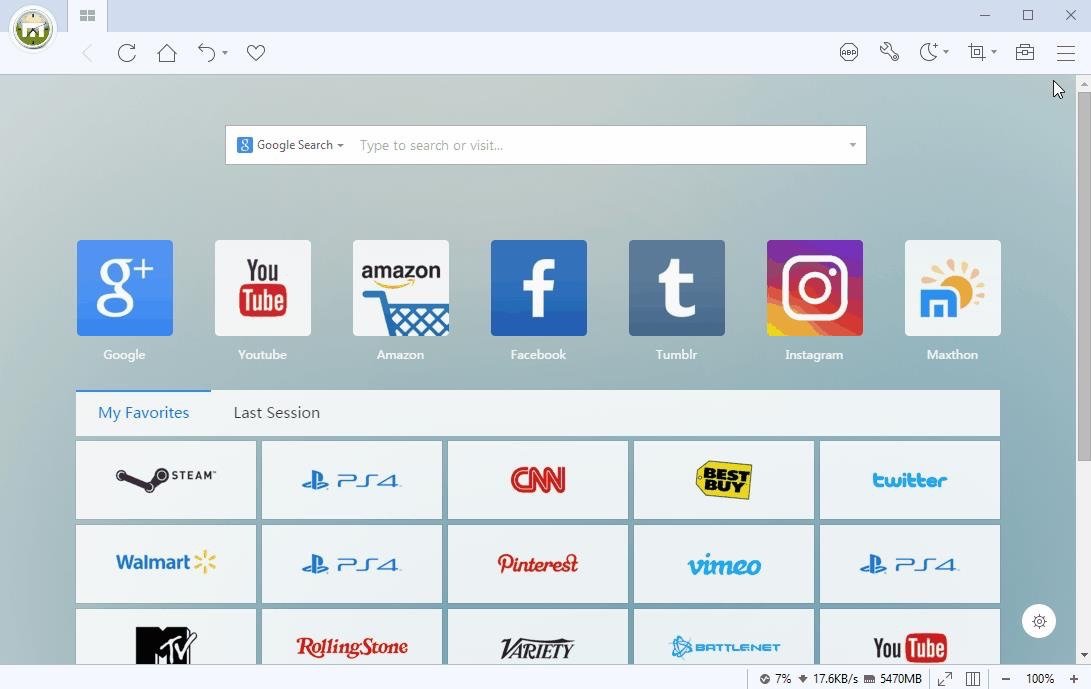


The Greens moved a number of amendments to the bill, including clarifications that VPNs would not be included in the laws. It is lazy, and it is dangerous," he said. It has scope creep absolutely built into it. "Does anyone seriously believe that this scheme won't be expanded in the future to cover more categories of content? Of course it will. Left-wing Greens Party Senator Scott Ludlam argued that the "dangerous" bill was pushed by "cashed-up donors and lobbyists," and that in future it would become "routine that sites simply disappear." The laws were the subject of heated debate in the Senate with minor party Senators leading the charge. Industry reacts to site-blocking legislation.Site blocking laws could drag VPNs into the net.Website blocks fall into place as draft bill gets support.Further, the court can weigh factors such as whether a site's operator has a "disregard" for copyright more generally, as well as the "flagrancy" of infringement that it allows. Rights holders must satisfy the court that the "primary purpose" of a website is to facilitate copyright infringement. Currently, domestic sites can be targeted through the existing Copyright Act. This latest bill will allow copyright holders such as film studios and record labels to apply to the Federal Court of Australia for an injunction requiring every Australian internet service provider to block local access to overseas websites ("online locations") deemed to be facilitating piracy. Australia has also recently the introduced a three-strikes scheme that allows rights holders to force ISPs to send piracy warning notices to their customers. The case saw the film's producers win access to the personal details of specific iiNet customers suspected of pirating the film. It also comes on the heels of a landmark Federal Court case between the makers of the film "Dallas Buyers Club" and iiNet, one of Australia's leading service providers. The passage of the website-blocking laws follows a significant shift in internet policy in Australia, which has this year seen the introduction of new data retention laws requiring Australian telecommunications and internet service providers to retain phone and internet records on every citizen in the country. The Copyright Amendment (Online Infringement) Bill 2015 passed with support from both major parties in the Senate, after passing the House of Representatives last week, with just a handful of Senators standing up against laws they said would introduce an "internet filter" to Australia. Australian internet users could soon be met with dead ends across the web after lawmakers on Monday approved controversial laws that allow the blockage of sites suspected of contributing to piracy.


 0 kommentar(er)
0 kommentar(er)
